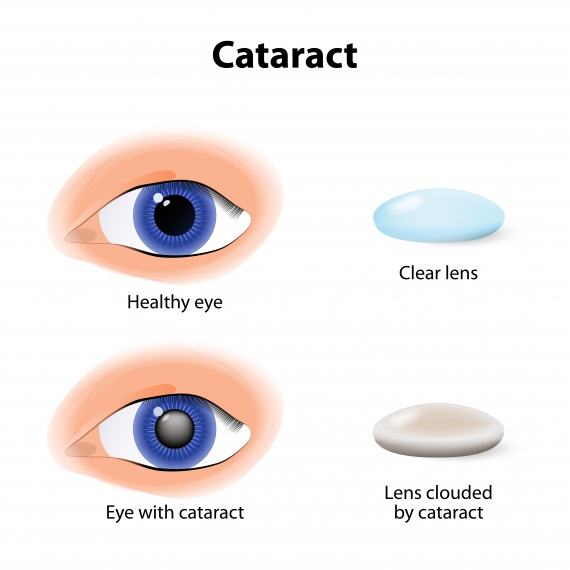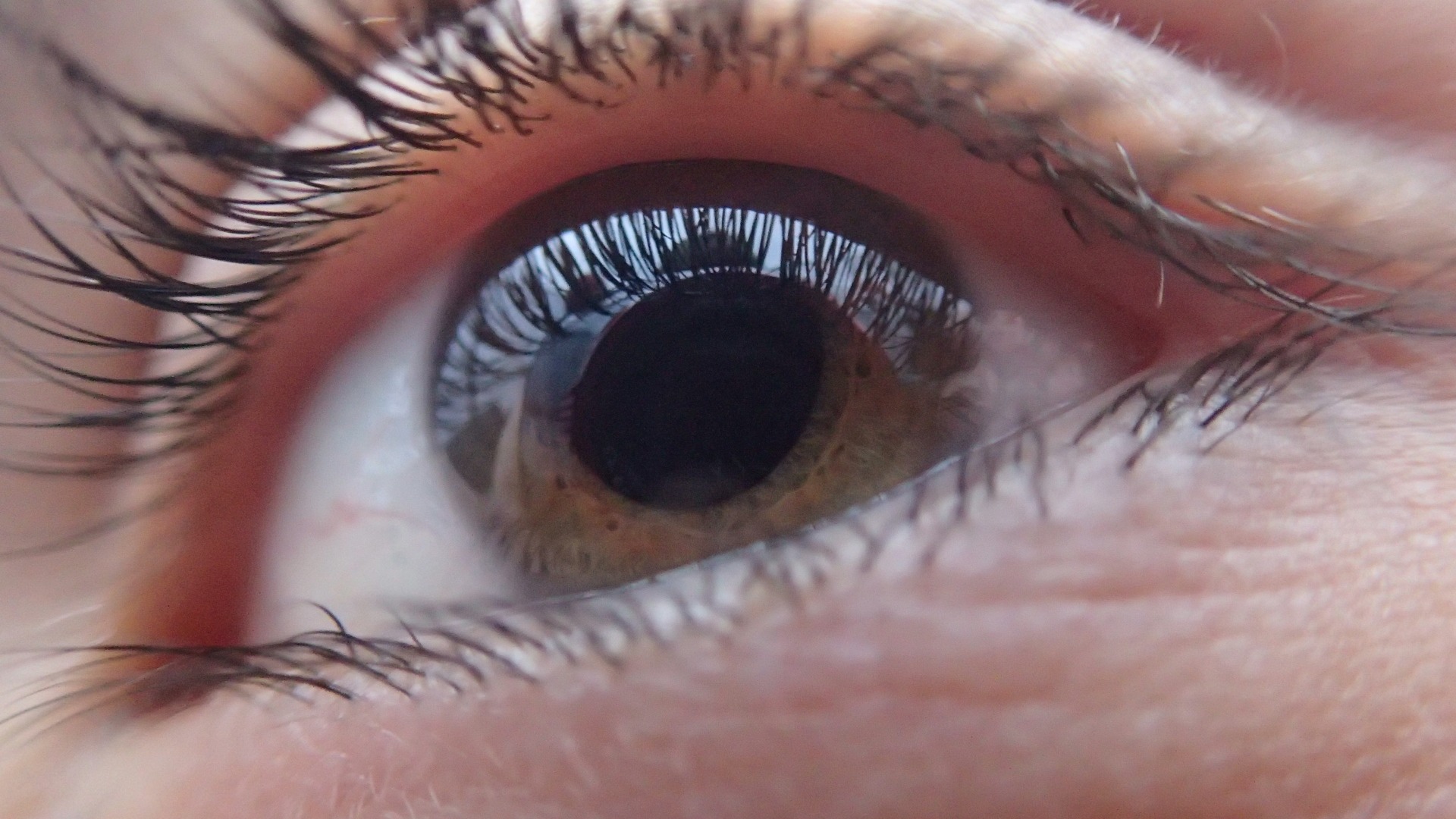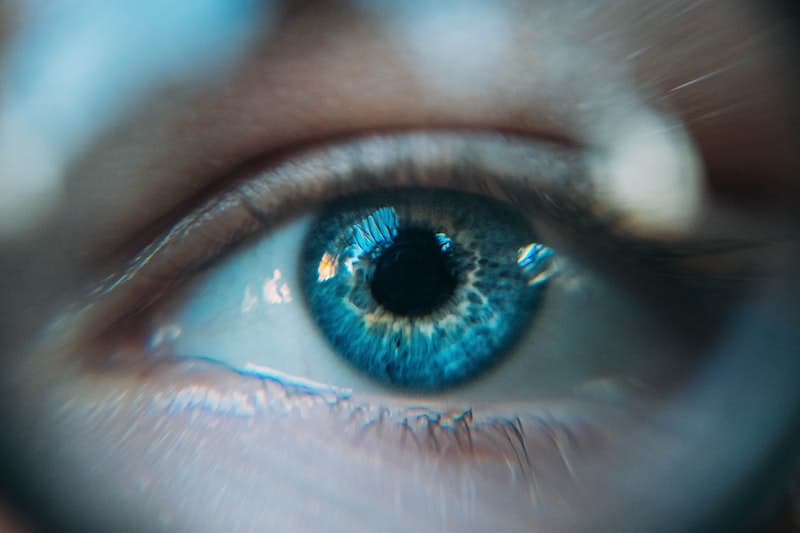Antwort Do you get 20 20 vision after cataract surgery? Weitere Antworten – How long does it take to get 20 20 vision after cataract surgery

So How Long is Vision Blurry After Cataract Surgery Most people will see improvement within 24-48 hours after cataract laser surgery, although it can take up to two weeks for your eyes to fully settle to the new implants. Most patients are back to normal activities the next day.While many people will obtain 20/20 vision from their IOL, 30 to 50 percent of people who choose a monofocal IOL will still require corrective lenses after surgery. Schedule a consultation with an eye doctor near you to see if you qualify for surgery.If left untreated, cataracts can eventually lead to blindness. Many people assume that cataract surgery will give them "perfect" 20/20 vision, but this isn't always the case. In fact, some people may still need glasses or contacts to see clearly after surgery. But this doesn't mean the procedure isn't worth it!.

Will my vision be the same after cataract surgery : Patients typically experience a significant improvement in their vision following cataract surgery. This improvement is often permanent, and many individuals enjoy clear vision for the rest of their lives without the need for glasses or contact lenses.
Why are my eyes still blurry after 2 months of cataract surgery
Sometimes blurry vision is caused by PCO, a fairly common complication that can occur weeks, months or (more frequently) years after cataract surgery. It happens when the lens capsule, the membrane that holds your new, intraocular lens in place, becomes hazy or wrinkled and starts to cloud vision.
Why is my distance vision worse after cataract surgery : After cataract surgery, the central retina (the macula) can become swollen, causing blurred and distorted vision. This condition is known as cystoid macular edema (CME). CME affects up to 2 percent of cataract surgery patients.
During early recovery, patients will be able to see, but not in clear, but rather, soft vision. Within 48 hours, many cataracts patients see significant improvement in their vision. It is possible that your vision could take one to two weeks to adjust and settle.
Despite good cataract surgery, vision will not be 20/20 if an incorrect IOL power has been calculated. If anterior and posterior segment examinations are within normal limits, this points toward refractive error as the cause of decreased vision.
Is cataract surgery 100 percent successful
How successful is cataract surgery Cataract surgery is successful in improving vision in about 97% of people who have it.After surgery, your brain may need time to adjust to the new lens and how light is entering your eye. Swelling and inflammation: It is normal for the eye to be slightly swollen and inflamed after cataract surgery, which can affect your ability to focus and read. This usually subsides within a few days or weeks.Depending on the lens and the patient, neuroadaptation may happen sooner, later or not at all. The majority of patients will adapt to multifocal IOLs within six to 12 months, according to Dr. Maloney. But about 10 percent of patients never will adapt.
Sometimes blurry vision is caused by PCO, a fairly common complication that can occur weeks, months or (more frequently) years after cataract surgery. It happens when the lens capsule, the membrane that holds your new, intraocular lens in place, becomes hazy or wrinkled and starts to cloud vision.
What percentage of people get 20 20 vision after cataract surgery : Data from a study of 368,256 cataract surgeries show that corrected visual acuity (CDVA) of 0.5 (20/40) or better was achieved in 94.3% and CDVA of 1.0 (20/20) or better was achieved in 61.3% of cases (Lundstrom, Barry, Henry, Rosen & Stenevi, 2013).
What percentage of patients have 20 20 vision after cataract surgery : That's important because determining exactly where in the eye the IOL will end up — the effective lens position — determines how close the surgeon can get the patient to 20/20 vision. Studies show that 30 to 50 percent of people who have cataract surgery still need glasses after surgery.
Why is my vision getting worse after cataract surgery
Cataract surgery removes the front part of the lens but leaves the back in place. That's where you may get a secondary cataract, also called posterior capsule opacification (PCO). When that happens, your vision may get cloudy again. It usually happens eventually after cataract surgery.
Posterior Capsular Opacification
PCO can cause blurry or distorted vision. This condition is fairly common for patients receiving cataract surgery. Approximately 20% of patients experience PCO within 2–5 years of their procedure. However, a quick surgery known as posterior capsulotomy can help restore your vision.Residual refractive error is a common reason for patient dissatisfaction after cataract surgery. Fortunately, this can be corrected with a pair of glasses or contact lenses or with a corneal refractive procedure.
Why is my vision so bad after cataract surgery : It is very common to have blurry or unclear vision in the days and sometimes even weeks after cataract removal. Most of the time, this is caused by normal swelling in the eye which occurs as a part of surgery. Patients with larger, denser and/or firmer cataracts are more likely to experience more inflammation.






